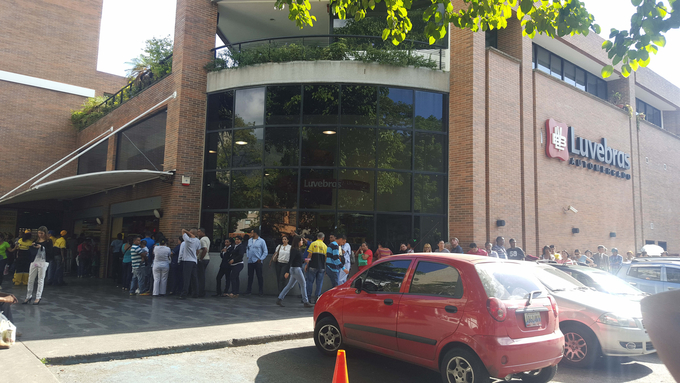
On November 16, 2016, Venezuela declared that it would default on loans. Since then, the country has been experiencing hyperinflation and political chaos. Venezuelan currency, the Bolivar (B), has completely lost its value and famine has increased so much that 75% of Venezuelan adults lost an average of 8kg in 2016 alone. Meanwhile, evading responsibilities of the economic crisis, two presidents in Venezuela are making political instability.
On January 11, 2019, Nicolas Maduro was reelected as the 61st president. However, during his presidential term since 2012, Venezuela has had serious financial difficulties. Economists say that the main factors are low oil prices and the government’s excessive spending on things like overgenerous welfare programs. The voices of dissent against President Maduro kept getting louder, so on January 23, Juan Guido, the Chairman of Congress, declared himself as the interim president of Venezuela. Now most countries like the U.S. and European countries support Guido, but some countries such as China and Cuba support Maduro. The two presidents’ conflict is not only making internal chaos but also separating the countries into two ideological camps.
This political dispute is not helping to solve the Venezuelan economic crisis. The government failed to enact currency reform as an anti-inflation policy, so the value of the Bolivar has decreased up to 95%. Furthermore, there was a 96% blackout on March 3, in Venezuela. As a result, many patients in hospital died, public transportation stopped, and 90% of wireless networks didn’t work. Also, the International Energy Agency (IEA) warned that the blackout could disrupt oil supplies to the world market. Even though oil output from Venezuela is decreasing, the oil reserves in this country are the highest in the world. About a week after the blackout, the Venezuelan government claimed that most power had returned. However, three million Venezuelan citizens left their country last year, and many more are expected to leave.
As a countermeasure to the hyperinflation, the Venezuelan government created a national cryptocurrency, called ‘Petro’. This is the first government-led virtual currency in the world and was made as a solution to the low value and distrust of the national currency. The trading volume of this alternative currency has been very high, peaking in February. It is popular because it is relatively easy to be exchanged for foreign money and the government can’t control the currency easily.
According to the United Nations High Commission for Refugees (UNHCR), 2.4 million of three million people who left Venezuela moved to neighboring countries in the Caribbean region and South America. Colombia and Peru accepted about half of these immigrants, which is giving these countries more pressure and responsibilities. As the number of refugees rises rapidly, the whole world needs to assist the Venezuelan refugees and help Venezuela to find stability in its economy and politics.








